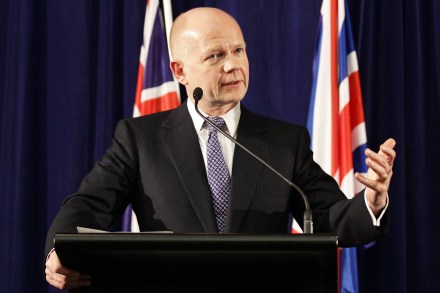Call in a bulldozer for growth
As the coalition considers how to develop a growth strategy, it would do well to call in Paddy Ashdown and hear about the ‘Bulldozer Initiative’ he launched while in Bosnia working for the United Nations. Not a highway programme, the Bulldozer Initiative was instead one of the smartest pro-business schemes I have seen. And something like it is now needed here. The brainchild of a French businessmen and based on the ideas of Peruvian economist Hernando de Soto, it involved building a partnership between politicians and businessmen to identify specific legislation and regulations that prevented companies from expanding their businesses and creating more jobs. The steering committee, made up of



















